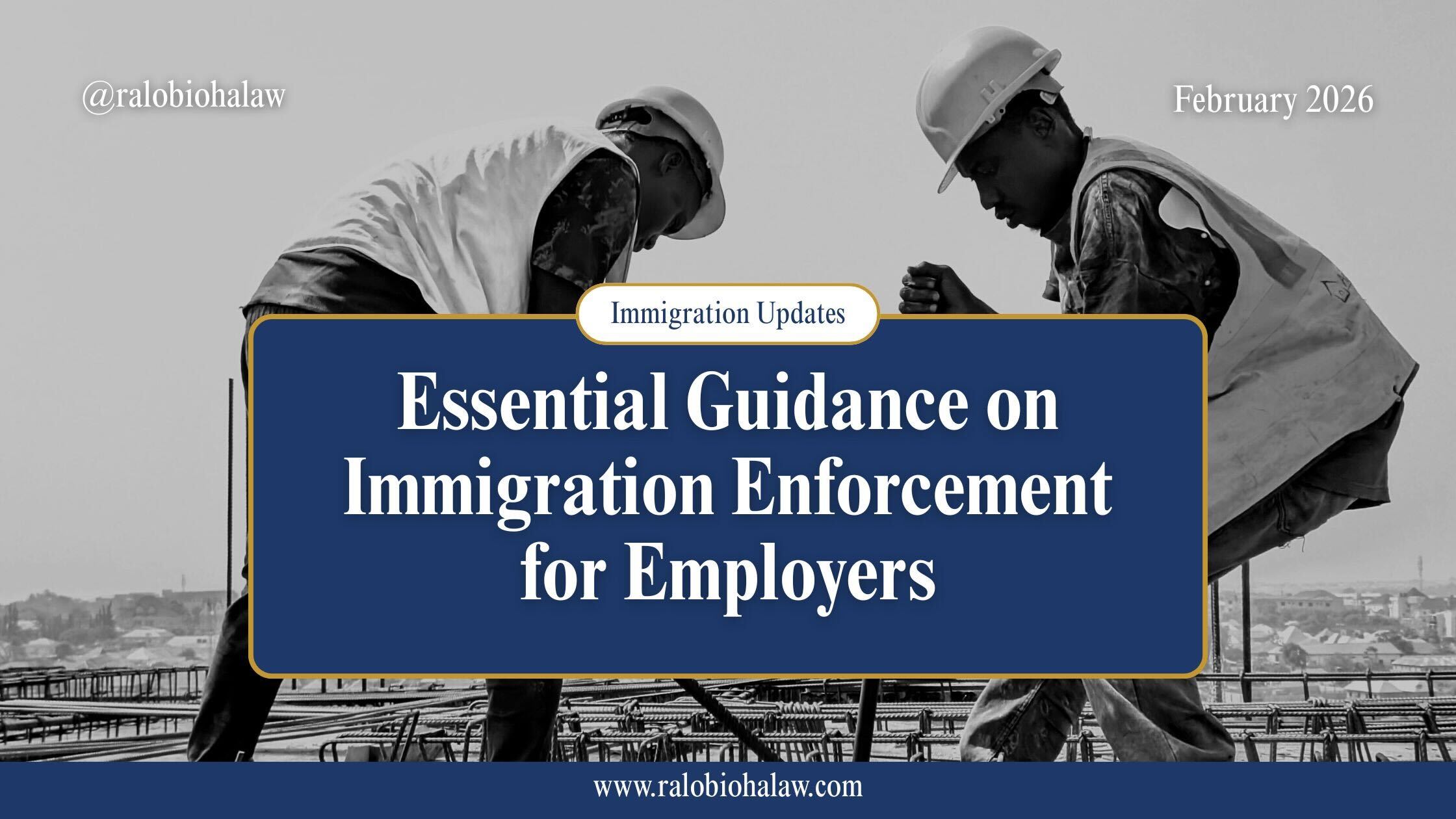On August 15, 2025, USCIS issued a new policy memorandum that changes how officers evaluate good moral character (GMC) in naturalization (citizenship) applications. While this policy recognizes positive contributions, it also makes clear that any conduct falling short of community standards can harm your case—even if it isn’t a crime.
For immigrants hoping to become U.S. citizens, this is a serious reminder: your daily actions, decisions, and record of responsibility matter.
What “Good Moral Character” Really Mean
USCIS is no longer limiting its review to just criminal convictions or statutory bars, most commonly 5 years. Officers will now perform a holistic evaluation of an applicant’s life, beyond the statutory period. That means they will weigh not only disqualifying offenses but also smaller patterns of behavior that reflect on your character. More importantly, now they can look at your conduct beyond the statutory period!
This includes:
- Whether you support your family and meet obligations.
- Whether you pay taxes and manage finances responsibly.
- Whether your conduct aligns with what an average community member would consider responsible and ethical.
Behaviors That an Jeopardize Your Application
Even if you’ve never been convicted of a crime, certain behaviors can raise red flags:
- Habitual reckless driving or repeated traffic violations.
- Harassment, aggressive conduct, or disorderly behavior.
- Failing to pay child support, taxes, or debts.
- Ignoring legal obligations or showing disregard for the law.
In other words, it’s not just about avoiding arrest—it’s about consistently living responsibly.
Positive Actions Matter Too
The good news is that USCIS will also give greater weight to positive contributions, such as:
- Volunteering and community service.
- Long-term, steady employment.
- Pursuing education and training.
- Caring for children, elders, or dependents.
- Filing taxes and maintaining financial responsibility.
However, these positives do not erase negative conduct. An officer will weigh everything together.
Rehabilitation Is Possible, But Don’t Take Chances
If you’ve had past issues, you can present evidence of rehabilitation—such as compliance with probation, payment of overdue obligations, or community support letters. But relying on rehabilitation is risky. It is always better to avoid conduct that could put your citizenship at risk in the first place.
What This Means for Immigrants
Citizenship is not automatic. USCIS officers now have broad discretion to evaluate your entire character and life choices. That means:
- Always be mindful of your actions, even small ones.
- Handle financial and family responsibilities promptly.
- Avoid situations that could reflect poorly on your judgment.
- Keep records of your community service, tax filings, and contributions.
Bottom line: The path to citizenship requires more than just meeting the minimum legal requirements. USCIS now expects immigrants to actively demonstrate integrity, responsibility, and good judgment in every aspect of life.
Maintaining good moral character isn’t just a requirement for naturalization—it’s the key to protecting your future in the United States.
If you have questions about how this change may affect your application—or if you need help presenting your best case—our office is here to guide you every step of the way!
Warmly,
Ral Obioha, Esq. LLM
Principal Attorney
Ral Obioha Law, PLLC
www.ralobiohalaw.com
Let’s talk. We offer consultations to help you understand your options and take the right steps forward.
📧 Email Us: hello@ralobiohalaw.com
📞 Call: (713) 234-1100
Stay Connected:
Disclaimer: The information in this post is for educational purposes only and does not constitute legal advice. Consultation with qualified counsel is recommended for individual cases.





